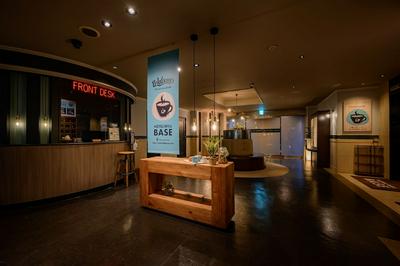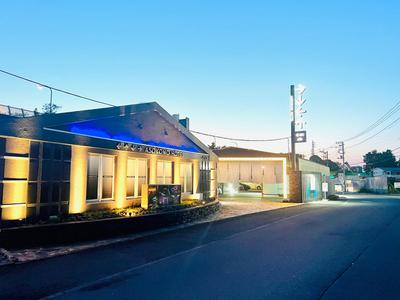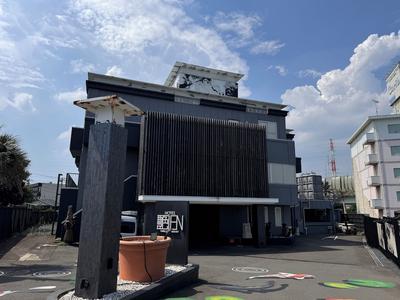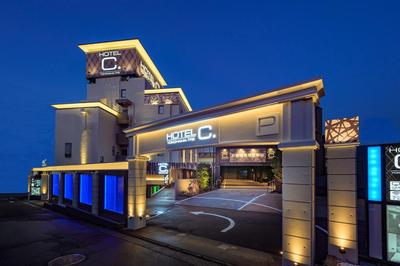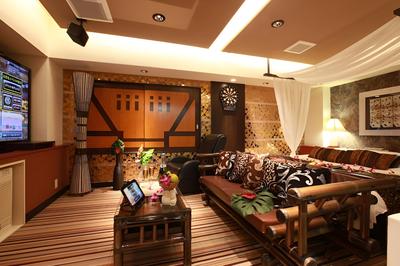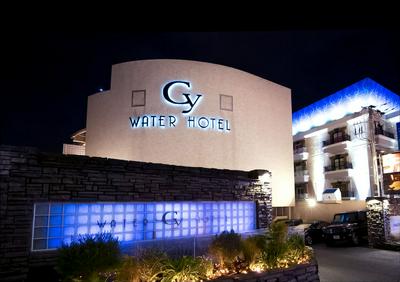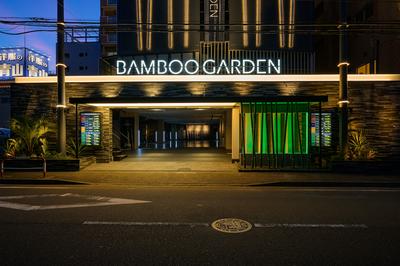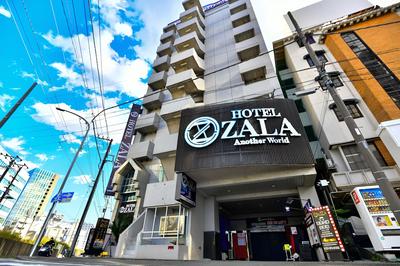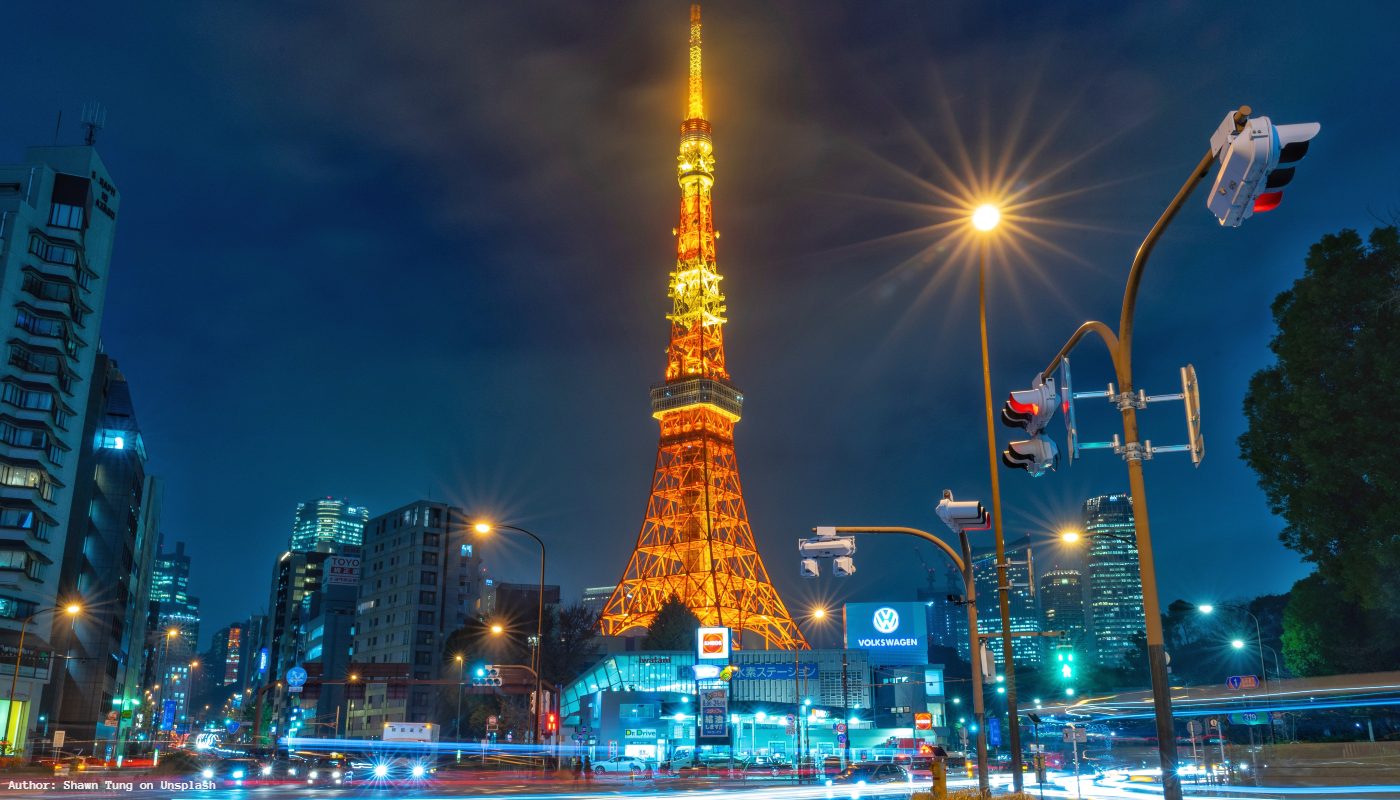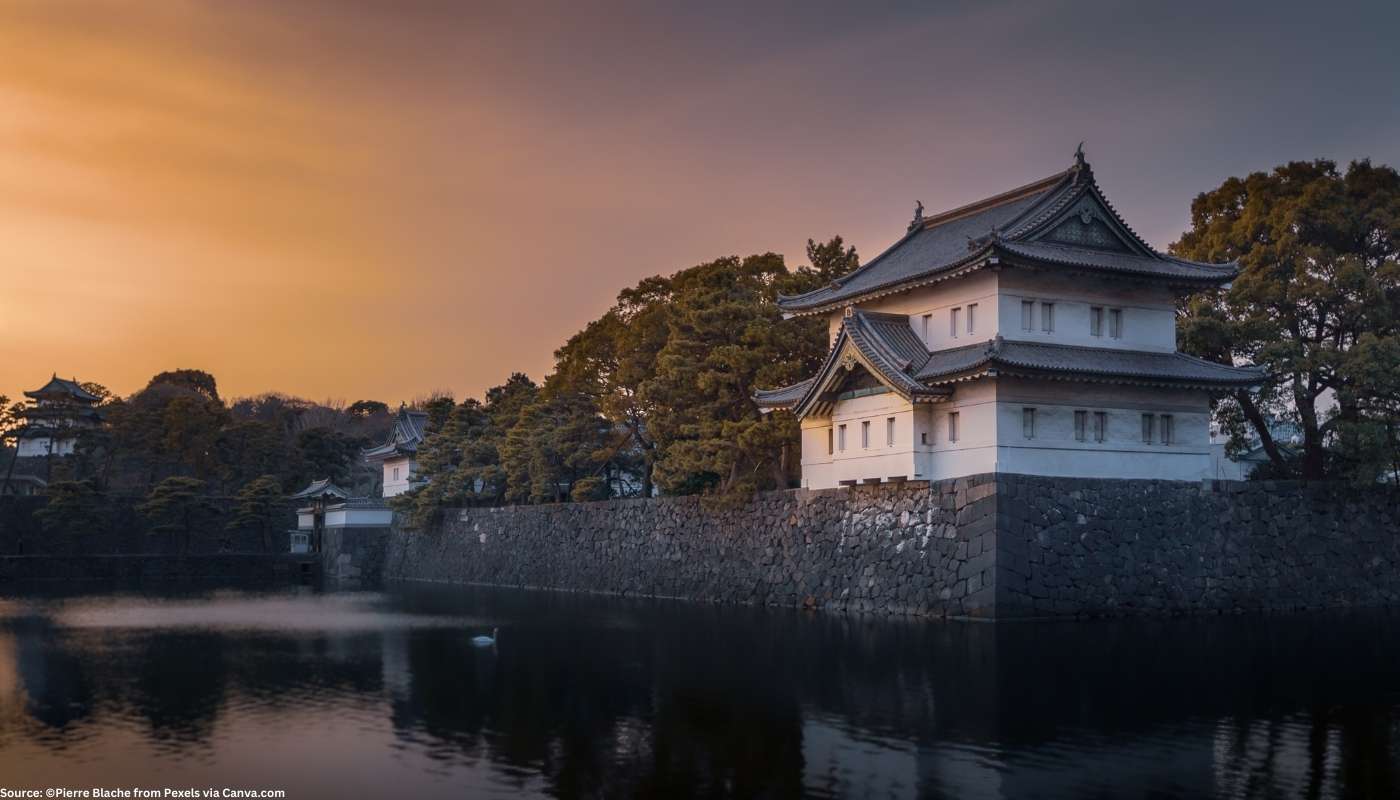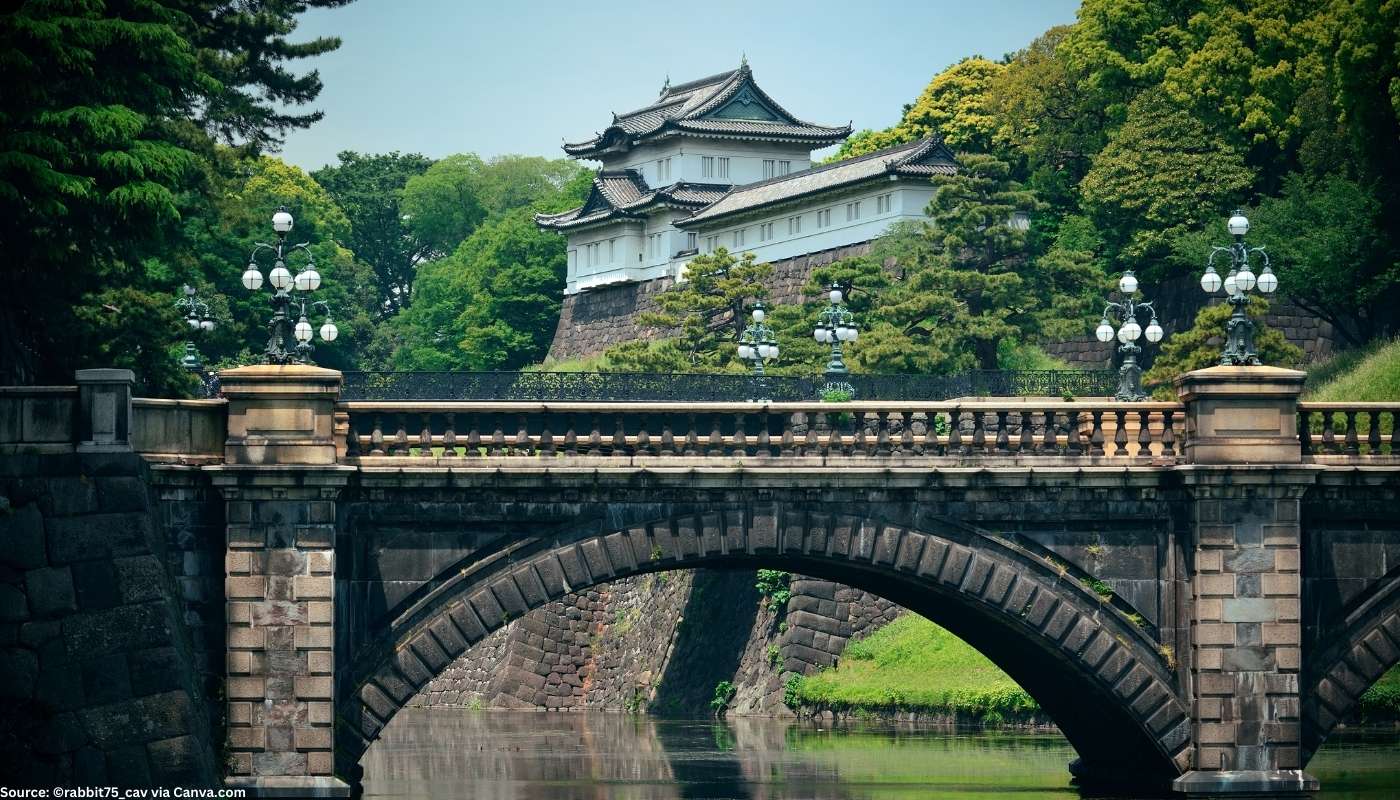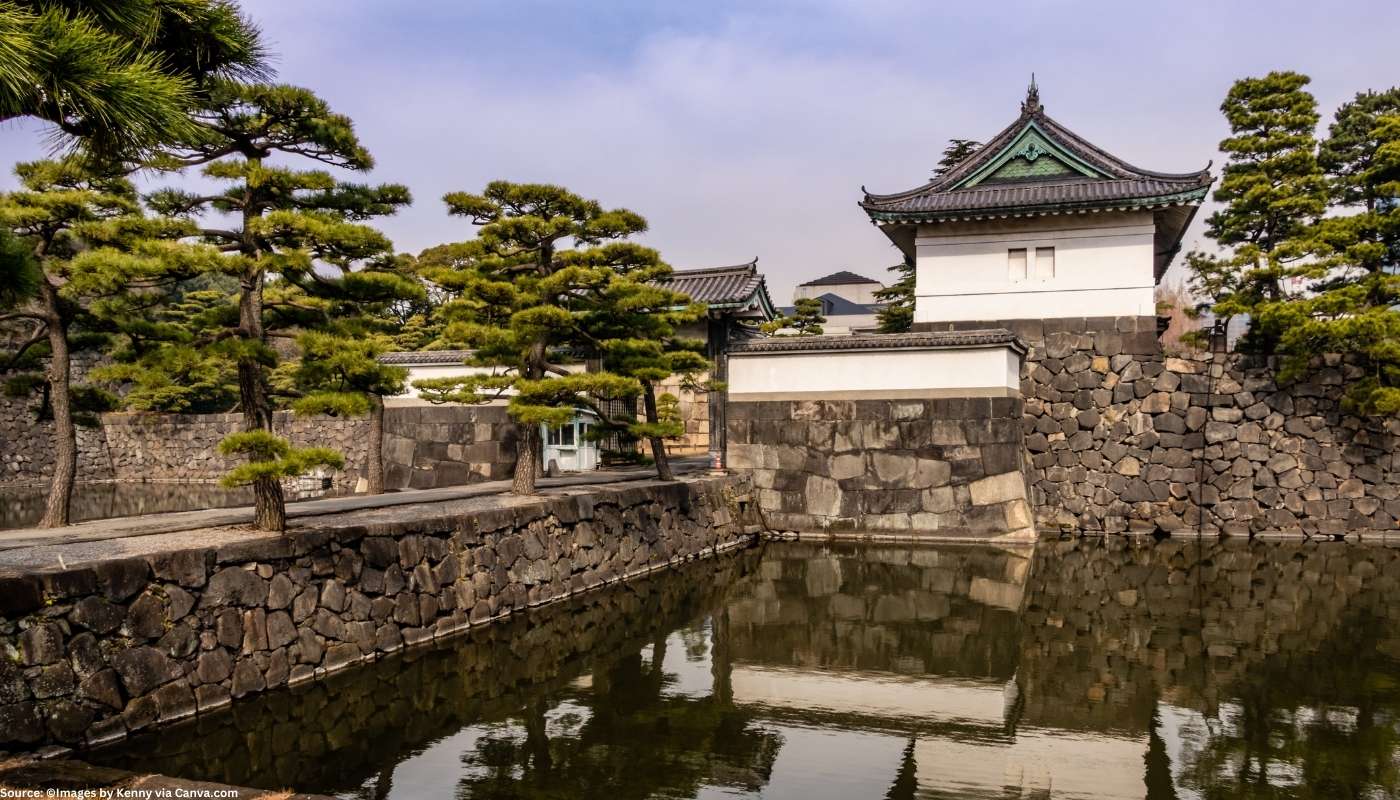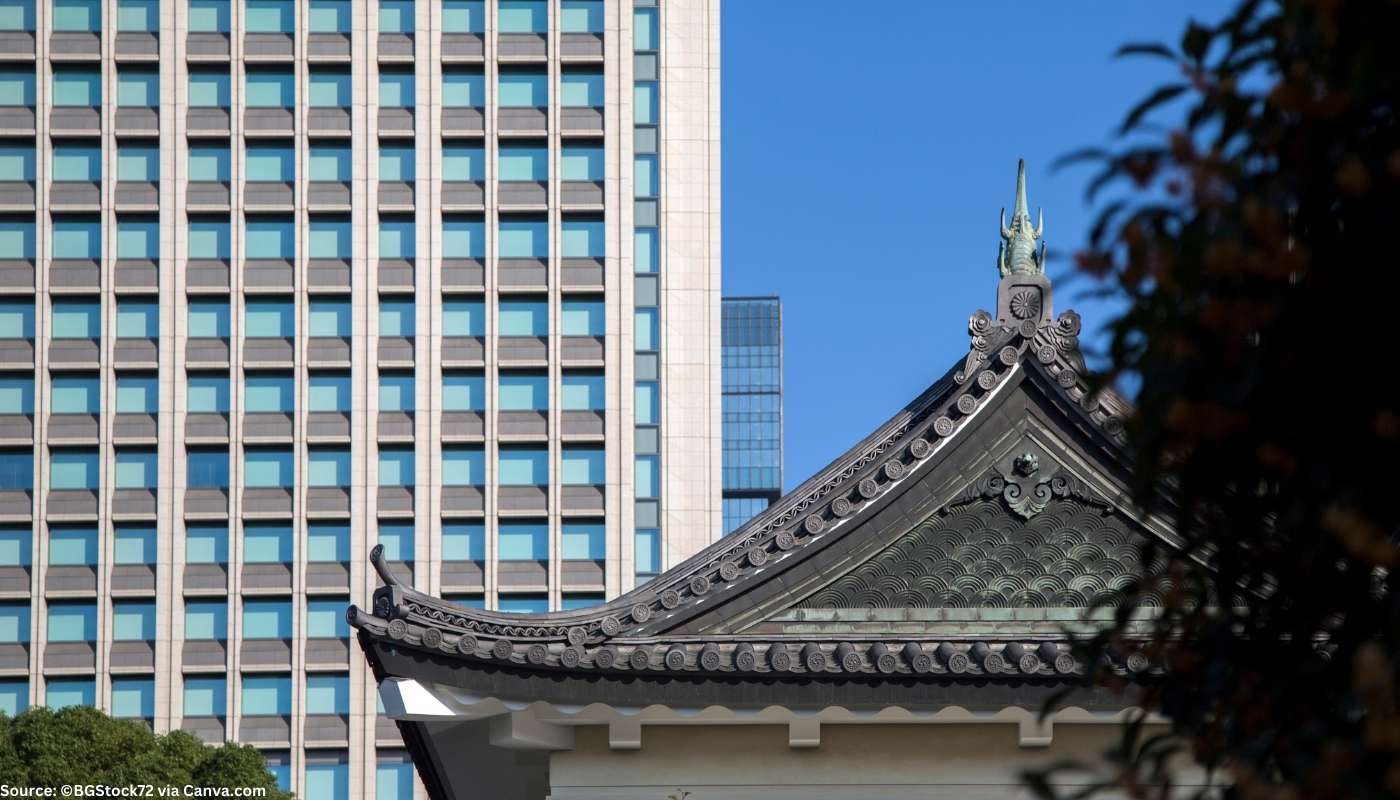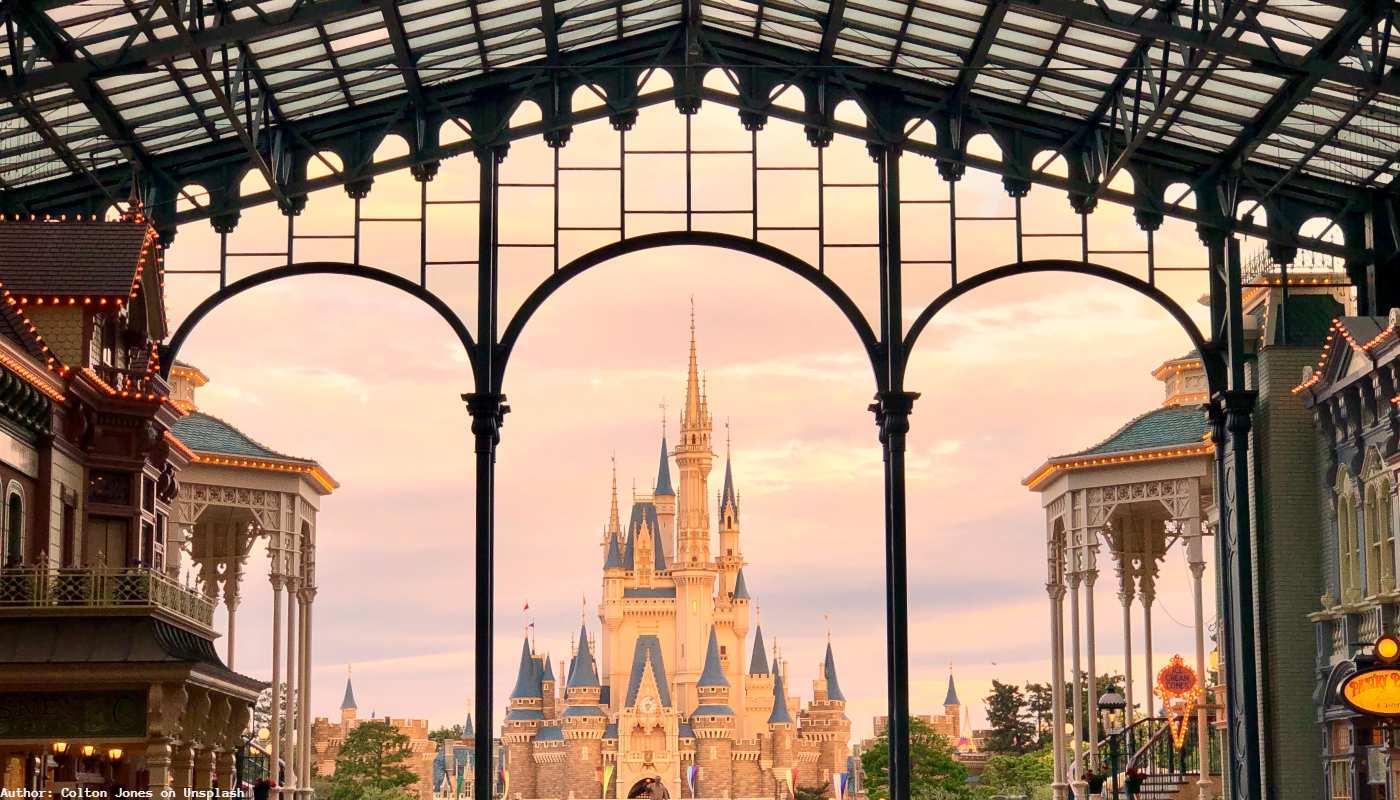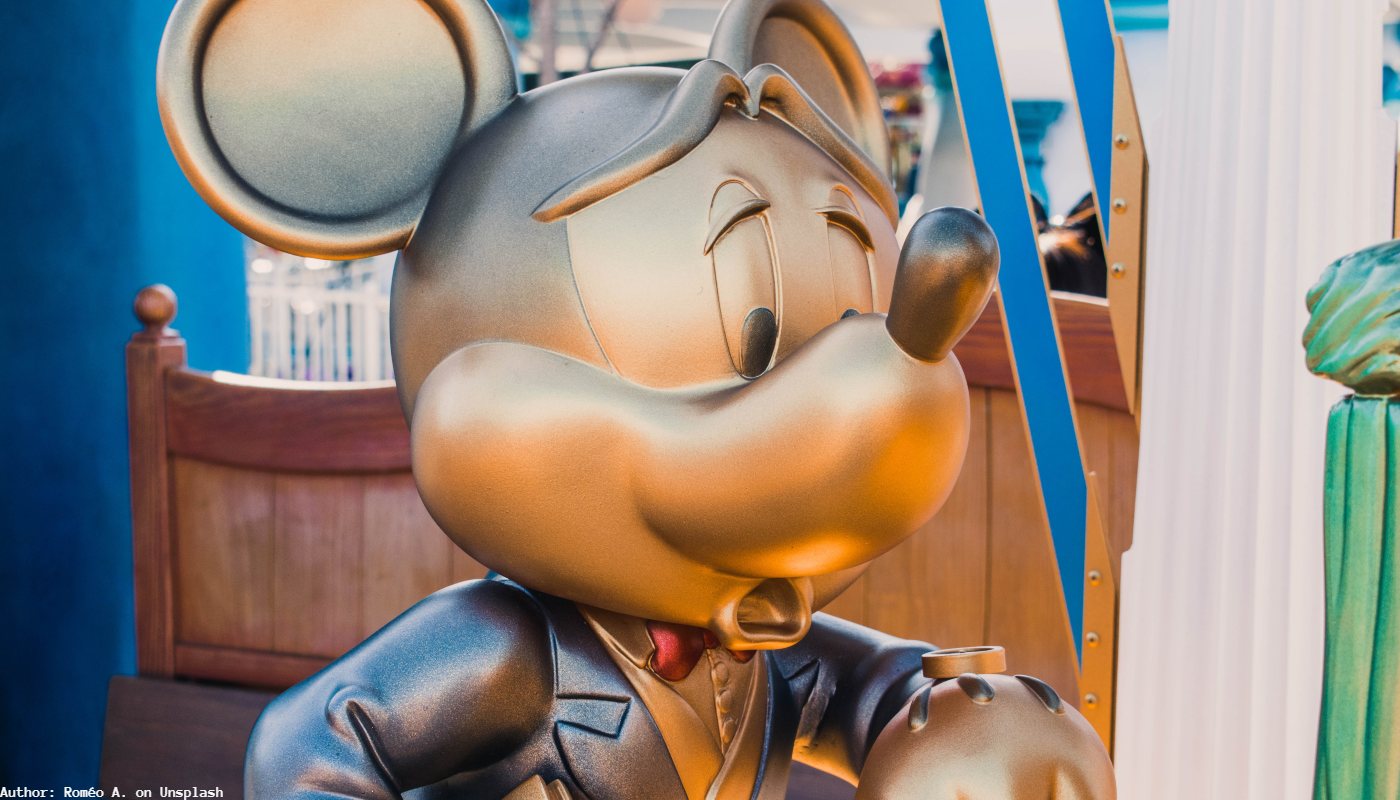The most important information about Tokyo
- History of Tokyo - Tokyo was first a fishing village named Edo that was fortified in the 15th century. It became one of the most populated cities in the world by the mid-18th century. The city was renamed in 1868 when it became the capital of Japan. Its official name is Tokyo Metropolis and it means “eastern capital”. The city took a lot of damage from the earthquake in 1923 and the bombings during World War II, so it had a rapid reconstruction and expansion from the 1950s. Today it is the largest urban economy in the world, and it has the world’s tallest tower and the world’s largest underground floodwater diversion facility.
- Geography and time zone - Tokyo has a part that is on the mainland of Japan and two island chains in the Pacific ocean. The mainland part is situated northwest of Tokyo Bay and it measures about 90 km east to west and 25 km north to south. The island chains are the Izu Islands and the Ogasawara Islands that are more than 1000 km away to the south of the mainland. Tokyo's time zone is GMT +9.
- Climate - The climate in Tokyo is humid subtropical, which means that summers are hot and humid, and winters are mild to cool with occasional cold spells. The warmest month is August, and the coolest one is January. Summers are wetter than winters, and there are typhoons every year, but only a few are vital.
- Demography - The population of Tokyo is 13.96 million and it is the largest population among all the 47 prefectures of Japan. Many people also migrate daily to Tokyo for work and studies, so it is a major commuter city. The most common foreign nationality is Chinese, followed by South Koreans, Vietnamese, Filipinos and Nepalese. Most of the residents are aged 15-64, but Japan is the oldest country globally. Main religions that are followed are Shintoism and Buddhism.
- Tradition and culture - What is this city unique for? - Tokyo is the world’s largest metropolis and it is known for top-rated restaurants, the Shibuya Crossing, often referred to as the world’s busiest crosswalk, Imperial Palace, cherry blossoms, markets, and more. It also has a lot of interesting and unique cafes, like cat cafes.
City Travel Tips for Tokyo
- Official Language and other languages spoken - The official language in Tokyo is Japanese, and the Tokyo dialect is considered standard Japanese. Younger Japanese people know English since it is studied in school.
- Entering the city: Procedures and requirements - There are no special requirements for entering Tokyo, but you must pass the Customs when entering Japan. You can find all of the information about the Customs procedures on the official website of Japan Customs.
- Money Tips - Currency - The currency that is used in Tokyo, and in all of the country, is Japanese yen. You should always carry cash with you because many places don’t accept credit, debit or travel money cards. Since central Tokyo is relatively compact, you can get around by bike and save money from transport tickets. There are a number of museums that are entry-free, as well as gardens and parks and temples and shrines. The average price for a 7-day trip for a solo traveler to Japan is around 1430 euros.
- Country Dialing Code Prefix - Dialing code prefix for Japan is +81.
- Police: 110.
- Ambulance & Fire: 119.
- Hyperdia - a commuting app that has detailed train information, as well as additional information on nearby restaurants, hotels, and car rental services.
- TAKKUN - an official app of the Tokyo Taxi Association that has 14 different taxi companies.
- GuruNavi Restaurant Guide - an app that lets you find the restaurant based on cuisine, budget, or location. It also has a number of discounts or complimentary drinks for its users.
- Line - a communication app that doesn’t require a phone number, so you can also use it on your laptop or tablet.
- Google Translate - this app has a photo-translate feature that can be really useful anywhere in Japan.
- Tourist map - you can pick up these maps for free at most tourist information centres in Tokyo.
When to visit Tokyo?
How to get to Tokyo?
- Plane - Since Japan is an island country, the best way to get to it is by plane. Tokyo has two international airports: Haneda airport and Narita airport. Haneda airport is 25 minutes away from central Tokyo, and Narita is 55 minutes away.
- Train - you can access Tokyo from other cities around the country by the shinkansen, bullet train.
- Bus - Japan has long-distance express busses that can get you to Tokyo from other cities across the country.
Activities for tourists in Tokyo
- Japanese Culture Experience - in 4 hours you can experience Japanese culture and hospitality - origami, handmade udon, Japanese food, sushi and tempura, macha and Japanese sweets. You will be making it all together with the guides. The price is 67.16 euros. You can make a reservation on the homecoming TAKA, Tokyo website.
- Free Day & Night Walking Tours in Tokyo - tours where you can learn about the Old and New Tokyo, the food, religion, history and culture. You can book a free tour on the Tokyo Localized website.
- Tokyo E-bike Tour - a tour that lasts 3 hours where you can explore local streets with an E-bike, which means you won’t get tired. The price is 61.47 euros per adult. You can make a reservation on the Cycling Holiday Tokyo website.
- Tsukiji Outer Market Tour & Cooking Class - on this tour you will go to the market where you’ll buy fish and other ingredients that you’ll be using during the cooking class. The cooking class is in English, and after it you’ll enjoy the food that you made yourself. The price is 101.94 euros and you can book the class on the Tsukiji website.
- Sanja Matsuri - a festival that is celebrated every third Sunday of May at the Asakusa Shrine in honor of the three men who established Sensō-ji. It lasts for up to three days and it is one of the largest and wildest in Tokyo.
- Ueno Sakura Matsuri - a cherry blossoms festival that takes place at the end of March or early April at the Ueno Park.
- Kurayami Matsuri - one of the oldest festivals celebrated in Tokyo. It is held at the Okunitama Shrine from April 30 to May 6.
- Koto Fireworks Festival - a fireworks festival held on the 6th of June at the Arakawa Sunamachi Riverside Park. People gather to enjoy the show, food and games from stalls.
- New Year - during this event, Japanese clean their homes, pay their debts and prepare Osechi, food in lacquered trays for the New Year. They also visit shrines and temples to pray and express their gratitude.
- Many shopping districts are centered around the stations like Shinjuku, one of Tokyo’s largest shopping and entertainment districts, Shibuya, where you can find youth fashion stores, and Ikebukuro, with large department stores and electronics chains.
- Nihonbashi is another shopping district where you can find shops with centuries-long histories in which you can buy traditional products and regional foods. Districts popular among tourists are Asakusa, Akihabara and the Oriental Bazaar, to name a few.
Tourist attractions in Tokyo
- Sensō-ji - a historic Buddhist temple located in Asakusa. It is the oldest and one of the most significant temples in Tokyo. It was built in 645 in the honor of the goddess of Kannon. Within the temple ground, there is a shopping street Nakamise where you can find souvenirs such as yukata and folding fans and traditional local snacks. Main hall of the temple is open from 6 am to 5 pm, while the temple grounds are always open. Admission is free.
- Meiji Jingu - a shrine dedicated to the deified spirits of Emperor Meiji and Empress Shoken. It was completed in 1920 and it has spacious grounds with walking paths. The forest of Meiji Jingu has approximately 10 thousand trees. You can also visit the Meiji Jingu Museum that was opened in 2019 where you can see, among other things, personal belongings of the emperor and empress. The Meiji Shrine is open from sunrise to sunset and the admission is free. Meiji Jingu Museum is open from 10 am to 4:30 pm, except on Thursdays when it’s closed, and admission is 1000 yen (7,65 euros). The Inner Garden is open from 9 am to 4:30 pm and the admission is 500 yen (3,80 euros).
- Tokyo Skytree - a 634 meter tall television broadcasting tower with observation decks. It is the centerpiece of the Tokyo Skytree Town in the Sumida City Ward. There are two observation decks: Tembo Deck at 350 meters and Tembo Galleria at 450 meters. Opening hours are from 10 am to 8 pm. Admission for the first observatory is 2100 yen (16 euros) on weekdays and 2300 yen (17,60 euros) on weekends and holidays. Admission for the both observatories is 3100 yen (23,70 euros) on weekdays and 3400 yen (26 euros) on weekends and holidays.
- Shinjuku Gyoen National Garden - one of the largest and most popular parks in Tokyo. It is one of the best places in the city to see cherry blossoms. There are three different types of gardens within this park: Japanese landscape gardens, the oldest one that has large ponds dotted with islands and bridges, French garden, a symmetrically arranged formal garden, and English landscape garden, with open lawns surrounded by flowering cherry trees. Park is open from 9 am to 6 pm and it is closed on Mondays. Admission is 500 yen (3,80 euros).
- Tokyo Disneyland - a theme park based on the films produced by Walt Disney that was opened in 1983 as the first Disney theme park outside of the United States. It has seven themed lands, like World Bazaar and Tomorrowland, and it features seasonal decorations and parades. Opening hours are typically from 8 am to 10 pm. Admission is from 7900 to 9400 yen (60,40 to 71,90 euros).
- Tokyo Tower - a tower in the center of Tokyo. It is 333 meters high and it is the world’s tallest, self-supported steel tower. It was completed in 1958. The tower has a main deck at 150 meters and a top deck at 250 meters. It is open from 9 am to 11 pm and the admission is 1200 yen (9,20 euros) for the main deck only and 3000 yen (23 euros) for both decks.
- Tokyo DisneySea - a popular theme park in Tokyo Disney Resort. It is inspired by the myths and legends of the sea and it has seven themed ports: Mediterranean Harbor, Mysterious Island, Mermaid Lagoon, Arabian Coast, Lost River Delta, Port Discovery and American Waterfront. The park is open from 8 am to 10 pm and the admission is from 7900 to 9400 yen (60,40 to 71,90 euros).
- Ueno Park - a large public park next to Ueno Station in central Tokyo with multiple museums and a zoo. The Tokyo National Museum, the National Museum for Western Art, the Tokyo Metropolitan Art Museum and the National Science Museum are located on the park’s grounds. It is also one of the most popular cherry blossom spots because more than 1000 cherry trees line its central pathway. Museums are open either from 9 or 9:30 am to 4, 5 or 5:30 pm and the admissions vary from 300 to 1000 yen. The zoo is open from 9:30 am to 5 pm and the access is 600 yen. There are also multiple temples and shrines within the park that are free to enter.
- Imperial Palace - the residence of the Imperial Family. It has a large plaza in front of it and two bridges. The inner grounds of the palace are generally not open to the public, except on New Year’s Greeting on January 2 and Emperor's Birthday on February 23. There are also guided tours of the palace grounds.
- Shibuya Crossing - probably the world’s busiest crosswalk. It is located in front of the Shibuya Station Hachiko exit. Shibuya is one of Tokyo’s most colorful and busy districts with shops, restaurants and nightclubs.
Accommodation in Tokyo
- Hotels - The Shinjuku district is a part of Tokyo that houses a lot of four and five star hotels and the Tokyo Station area. One of the hotels in the Shinjuku district is Sakura Cross Hotel Shinjuku East Annex, located 100 metres from Full Gospel Tokyo Church. The prices vary based on the dates you’d like to stay. It can be from 38 euros to 274 euros per night.
- Hostels and budget accommodation - You can find more budget-friendly accommodation in Asakusa and close to the airports. One of the hostels you can find in Asakusa is Hostel Chapter Two Tokyo that has shared rooms, shared bathrooms and a shared kitchen. The prices of hostels in Tokyo start at 10 euros.
- Capsule hotels and ryokan - The capsule hotels are standard in big neighborhoods like Shinjuku, Shibuya and Akihabara. “Rooms” in capsule hotels have a light, an air conditioner, and alarm clock, and some may also provide a TV, power outlet, and/or radio. The average rate per night ranges from 2500 to 6000 yen (19 to 46 euros). Ryokans are Japanese style inns where you can experience the traditional Japanese lifestyle and hospitality. They have tatami floors, futon beds, Japanese style baths and local cuisine. They vary in size and price. The average cost of a ryokan stay is between 15000 and 25000 yen per night.
Best restaurants in Tokyo
- Gyopao Gyoza Roppongi where you can try the gyoza soup. You can order an Omakase menu where the best dishes are chosen for you.
- Han no Daidokoro Honten where you can try the most delicious barbecue and wagyu beef. This is the best place for those who want to enjoy really good food.
- Nabezo Shibuya Center Street where you can eat Japanese beef and wagyu along with vegetables, noodles and different kinds of pasta ice cream.
- Shinjuku - ideal for karaoke lovers
- Shibuya and Roppongi - suitable for young people
- Ginza - place that can be called luxury
Public transport in Tokyo
- Buses - Buses are a useful transportation alternative if you’re staying outside of the immediate city center. They are a good way to avoid crowded train stations. You can buy the ticket on the bus. Fares vary according to the destination. You can find the bus route map here.
- Trains and Metro - East Japan Railway Company is responsible for the rail network in Tokyo. The train transportation includes JR lines, Tokyo Metro, Toei Subway and other railway companies. JR has 36 lines, Metro has nine subway lines, and Toei has four subway and two surface lines. You can find the subway map on the Tokyo Metro website. Tokyo Metro fares range from 170 to 320 yen (1,30 to 2,45 euros).
- Cycling - Bicycle sharing and bicycle rental are becoming more common in Tokyo, so you can get around the city by bike. There are designated parking areas throughout the city. Rental fees are usually 100-300 yen per hour (0,80 to 2,30 euros), or 1000-1200 yen per day (7,65 to 9,20 euros).
- Taxi - There are thousands of green, yellow and black taxis. There are fixed fares from airports to the destinations within the pre-designated zones. You can also find sightseeing taxis which offer access to places you may not be able to visit on a bus tour. You can find the taxis on the official app of the Tokyo Taxi Association, TAKKUN.


